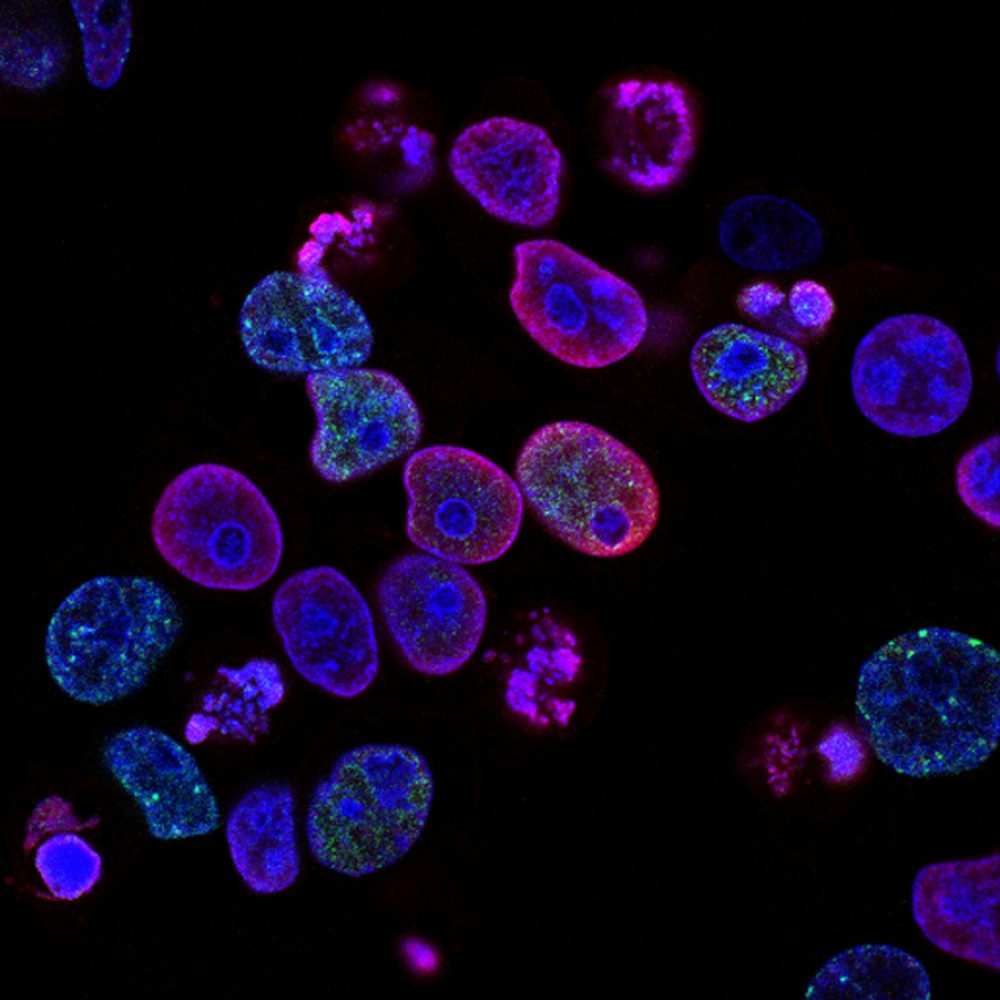Imagine a world where every individual is a scientist, where the pursuit of knowledge and scientific exploration becomes an inherent part of our daily lives. This article explores the implications of such a scenario. What if every person on Earth had a deep understanding of scientific principles, and actively engaged in scientific inquiry? How would it shape our society, our progress, and the way we perceive the world around us? What would be the potential benefits, challenges, and transformative impacts that could arise if everybody on Earth became a scientist?
If everyone were a scientist, a culture of curiosity, questioning, and critical thinking would permeate society. Scientific inquiry would become an integral part of education, with individuals actively seeking answers, conducting experiments, and challenging established ideas. This widespread scientific mindset would foster a deeper understanding of the natural world and promote intellectual growth. It would encourage people to approach problems from an evidence-based perspective, leading to more informed decision-making in all aspects of life.
Accelerated Technological Advancements
With the entire population dedicated to scientific pursuits, technological advancements would soar to new heights. The collective knowledge and expertise would lead to accelerated breakthroughs in diverse fields, such as medicine, renewable energy, space exploration, and artificial intelligence. The collaboration of millions of scientists would enable us to tackle complex global challenges, such as climate change, disease eradication, and resource scarcity, with unprecedented efficiency. The pace of innovation would be unparalleled, propelling humanity into a future of boundless possibilities.

Democratization of Science
Since everyone is a scientist, barriers to accessing scientific knowledge would crumble. Scientific research and discoveries would be widely shared, fostering a spirit of collaboration and open-source innovation. This democratization of science would empower individuals from all walks of life to contribute to scientific progress, regardless of their formal education or socioeconomic background. It would lead to a more inclusive and diverse scientific community, resulting in fresh perspectives, novel ideas, and breakthroughs that may have otherwise been overlooked.
In a world where everyone possesses scientific knowledge, there lies the opportunity for the development of medicines that prioritize healing rather than mere treatment. Currently, the pharmaceutical industry tends to prioritize profitable treatments over holistic healing approaches. However, if society collectively gains scientific expertise, we can collectively address this injustice and strive towards a system that genuinely prioritizes people’s well-being.
Ethical Considerations and Responsible Innovation
While a world of universal scientists holds great promise, it also raises ethical concerns. The responsibility of scientific advancements would rest on the shoulders of every individual, requiring a heightened awareness of the potential consequences of their actions. Striking a balance between scientific progress and ethical considerations would become paramount. Society would need to establish robust frameworks for responsible research and innovation, ensuring that scientific endeavors align with ethical principles, sustainability, and the well-being of humanity and the planet.

Redefining Careers and Education
A world where everyone is a scientist would necessitate a transformation in career paths and educational systems. Traditional disciplinary boundaries would fade as individuals engage in multidisciplinary approaches to problem-solving. Education would focus on cultivating scientific literacy and critical thinking skills from an early age, nurturing a generation of lifelong learners. New vocations would emerge, catering to the evolving needs of a society driven by scientific inquiry, innovation, and discovery.
Conclusion
This hypothetical scenario offers a glimpse into a future defined by intellectual curiosity, technological advancements, and inclusive collaboration. While challenges and ethical considerations would arise, the potential benefits are immense. From a culture of curiosity and critical thinking to accelerated technological advancements and the democratization of science, such a world would reshape our society, accelerate progress, and redefine our understanding of the world and our place in it.




